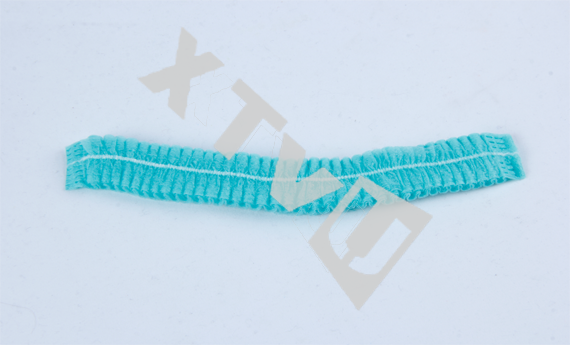
(1) Medical and sanitary non-woven fabrics: surgical gowns, protective clothing, sterile cloths, masks, diapers, civilian rags, wipes, wet wipes, magic towels, wipes, beauty products, sanitary napkins, and health care Mats, and disposable sanitary cloths.
non woven fabric uses
(2) Non-woven fabrics for home decoration: wall coverings, tablecloths, bed sheets, bedspreads, etc.
(3) Non-woven fabrics for clothing: linings, fusible interlinings, battings, setting cotton, various synthetic leather backings, etc.
non woven fabric uses
(4) Non-woven fabrics for industrial use; base materials, reinforcing materials, polishing materials, filter materials, insulating materials, cement bags, geotextiles, and covering cloths for roofing waterproofing membranes and asphalt shingles.
(5) Non-woven fabrics for agriculture: crop protection fabrics, breeding fabrics, irrigation fabrics, insulation curtains, etc.
(6) Other non-woven fabrics: space cotton, insulation and sound insulation materials, oil-absorbing felt, smoke filter, tea bags, shoes, etc.
non woven fabric uses
Non-woven fabrics are made on wet or dry papermaking machines, including chemical fibers and plant fibers, under the condition of water or air as a suspending medium, and are referred to as non-woven fabrics, although they are cloths and not textiles. Non-woven fabric is a new generation of environmentally-friendly materials, with strong strength, breathable waterproof, environmental protection, flexibility, non-toxic and tasteless, and the advantages of low prices. It is a new generation of environmentally-friendly materials that are water-repellent, breathable, flexible, non-combustible, non-toxic, non-irritating, and rich in color.
-
2023-04-21
What is the main adv…
What is the main advantage of …
-
2023-04-21
Are nonwovens washab…
Are nonwovens washable and bre…
-
2023-04-21
Where are nonwoven f…
Where are nonwoven fabrics use…
-
2023-04-21
Are nonwoven fabrics…
Are nonwoven fabrics environme…
-
2023-04-21
What are the raw mat…
What are the raw materials for…
